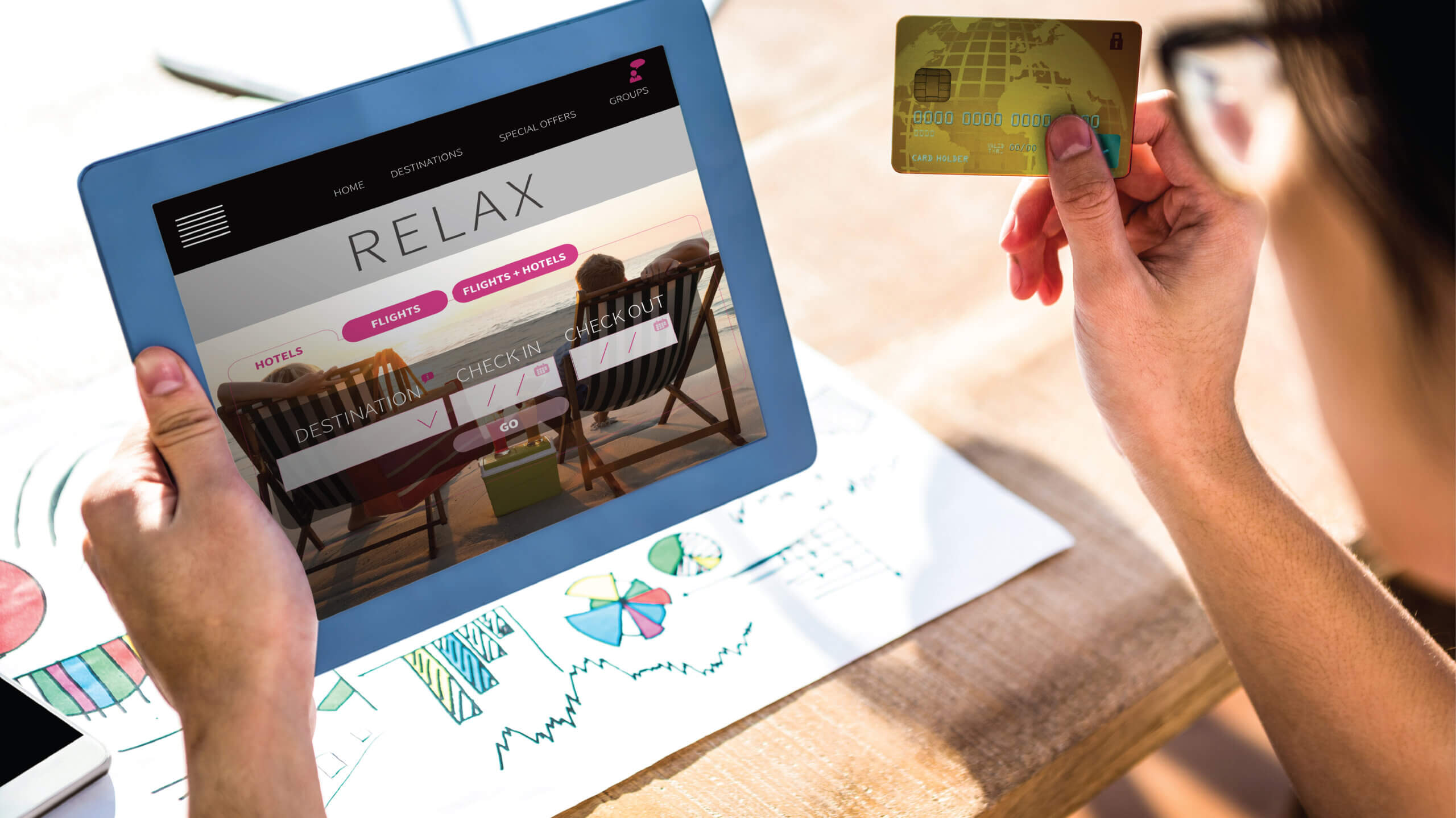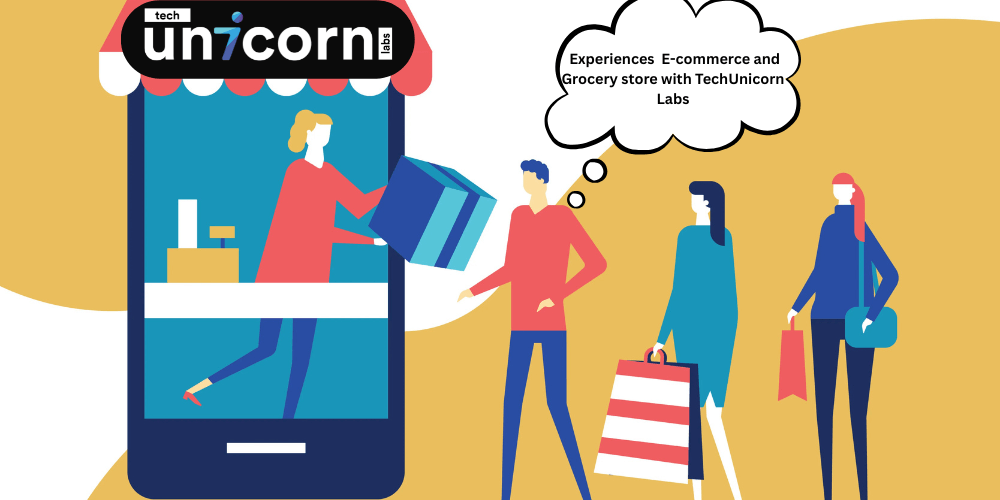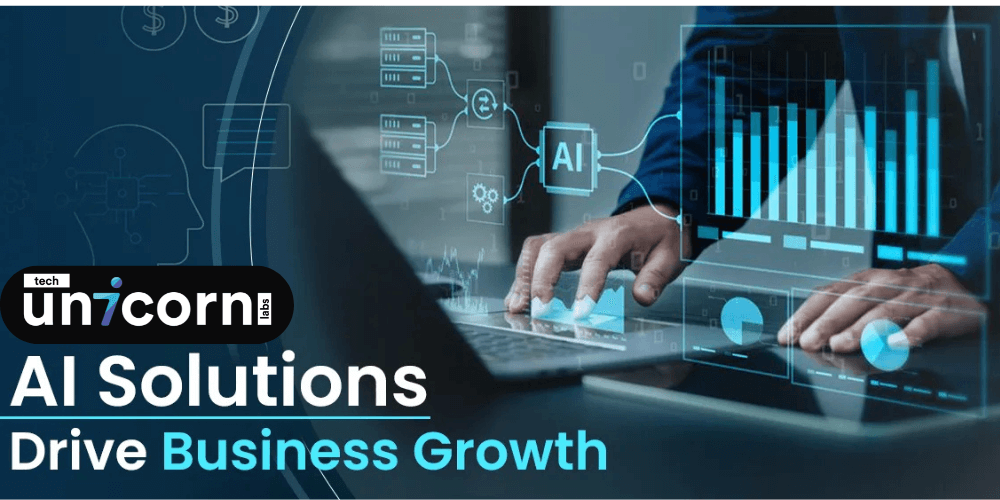The hospitality industry has always been about offering great service and memorable guest experiences. But as we move into 2025, digital transformation is no longer optional—it’s essential. Whether you’re running a boutique hotel, a budget-friendly motel, or a luxury resort, embracing technology, optimizing your SEO, and upgrading your digital marketing strategies can drastically increase bookings, reduce operational costs, and enhance customer satisfaction. Let’s dive into a comprehensive guide that shows how to future-proof your hotel and drive success.
Why Digital Transformation Will Help the Hospitality Industry Recover
Following global disruptions in recent years, many hotels are still recovering. Digital transformation provides a roadmap to not only stabilize operations but also unlock new growth opportunities. From streamlined guest experiences to automated operations and optimized revenue management, integrating technology allows hoteliers to serve guests faster, smarter, and better.
It’s not just about gadgets—it’s about building a smarter business model. Hotels that embrace SEO best practices, digital marketing, and smart tech upgrades are already seeing better online visibility, increased direct bookings, and reduced reliance on third-party platforms.
Improving Digital Marketing Strategies
Your hotel might be amazing, but if no one can find it online, you’re losing out on bookings. Digital marketing in 2025 is all about personalization, targeted campaigns, and using data to craft experiences that resonate with travelers.
Personalized Customer Experiences
With the help of customer relationship management (CRM) tools, hotels can now segment their audience based on travel history, interests, and behavior. Sending tailored emails, offering curated travel packages, and recommending activities based on guest preferences can significantly increase conversions and customer satisfaction.
Enhanced Digital Advertising
Google Ads, Facebook campaigns, and programmatic advertising have become far more advanced. Hotels can run hyper-local ads, target travelers based on intent, and retarget past visitors to bring them back. Combined with proper SEO strategies, including local SEO and long-tail keywords like “best hotel near tennessee” or “affordable stays in tennessee”, digital ads become even more effective.
Data-Driven Decision Making
Every click, booking, and cancellation offers valuable insights. Using analytics tools like Google Analytics and hotel marketing platforms, hoteliers can monitor campaign performance, optimize ad spending, and make better business decisions. Data is the new currency in hospitality, and leveraging it gives you a competitive edge.
Handheld Hospitality: Mobile Check-In and Check-Out
Guests today want convenience. In 2025, offering a mobile-first experience isn’t just a perk—it’s a must. Through a hotel’s mobile app or responsive website, guests can check in and check out with just a few taps. This reduces wait times, improves front-desk efficiency, and boosts guest satisfaction.
Mobile access also encourages more direct bookings, especially if your SEO-optimized website ranks well on search engines. Offering mobile-exclusive discounts or loyalty points can further incentivize bookings through your platform rather than OTAs.
Room Service at Your Fingertips: Contactless Food Ordering and Payments
Gone are the days of printed menus and in-room phone calls. Hotels are now offering contactless food ordering through mobile apps or QR codes. Guests can browse the menu, customize orders, pay digitally, and even track delivery to their room—all without any physical contact.
This system not only increases order volume but also helps with upselling items like drinks, desserts, or signature dishes. It also reduces manual errors, streamlines kitchen operations, and provides real-time data on guest preferences.
Personalized Recommendations and Offers
Using AI and machine learning, hotels can now offer personalized travel suggestions based on a guest’s booking history, demographics, and even browsing behavior. Whether it’s suggesting a spa appointment, a romantic dinner, or a nearby hiking trail, these personalized nudges can enhance the stay and increase on-site spending.
This tactic also boosts email marketing success. By recommending relevant deals or upgrades, hotels can engage guests pre-arrival, during their stay, and even after checkout.
Cutting Operational Costs
Technology doesn’t just elevate guest experiences—it also reduces backend costs.
Automating Administrative Tasks
From managing reservations and schedules to handling invoices and HR tasks, automation software allows hotel teams to focus on what truly matters: guest service. Chatbots can handle FAQs, automated emails can confirm bookings, and AI can manage inventory and pricing.
Optimal Resource Utilization
Smart tech enables hotels to allocate staff, energy, and amenities more efficiently. Real-time analytics can predict peak times, allowing hotels to schedule cleaning, maintenance, and front-desk staffing accordingly.
Data-Driven Energy Management
IoT-enabled systems monitor energy usage in real-time. Smart thermostats and lighting systems adjust based on occupancy, helping hotels reduce electricity bills and promote sustainability—something that modern travelers value deeply.
Increasing Revenue
Digital transformation not only cuts costs—it also opens the door to increased profits through better guest engagement and smarter marketing.
Expanding Market Presence
With proper SEO optimization, your hotel can appear in local and global search results. Creating landing pages targeting specific demographics or interests (e.g., “eco-friendly hotel in Phoenix” or “pet-friendly motel near downtown”) allows your site to rank higher on Google and attract diverse travelers.
Driving Direct Bookings
Hotels can reduce OTA commissions by driving traffic to their own website through SEO, Google Hotel Ads, and direct booking incentives. Providing a seamless mobile booking experience, loyalty points, and exclusive deals can make a big difference.
Enhancing Guest Experience
Happy guests are repeat guests. Technology that speeds up check-ins, streamlines room service, and provides smart room controls enhances the overall experience, encouraging positive reviews and word-of-mouth referrals.
Building Customer Loyalty
A solid loyalty program integrated into your website or mobile app can reward guests for repeat bookings, referrals, and spending. Personalized offers and recognition (like “Welcome back, Sarah!”) create a connection that makes guests return.
Improving the Customer Experience
Customer experience has become the ultimate differentiator. Technology plays a key role in making guests feel seen, heard, and valued.
Personalized Guest Interactions
Whether it’s greeting a guest by name or remembering their room preferences, personalization makes a big impact. CRM systems allow hotels to track preferences and tailor experiences accordingly.
AI-Powered Chatbots and Virtual Assistants
Available 24/7, AI chatbots can handle everything from room requests to local recommendations. They reduce front desk workload and provide instant service—something modern travelers expect.
Enhanced Guest Feedback and Reviews
Post-stay surveys and automated review requests help hotels gather valuable insights. Encouraging guests to leave reviews on Google and TripAdvisor not only improves your online reputation but also boosts your local SEO ranking.
Immersive Virtual Experiences
Let guests experience your hotel before they even arrive. Virtual tours, 360-degree room views, and augmented reality features help them visualize their stay, which can increase booking confidence and reduce cancellations.
Revolutionizing Revenue Management in the Hospitality Industry
Revenue management is becoming smarter and more responsive, thanks to real-time data and automation tools.
Data-Driven Pricing and Rate Optimization
With dynamic pricing software, hotels can adjust room rates based on demand, competitor pricing, seasonality, and events in real-time. This allows for maximum occupancy and revenue without underpricing your offerings.
Personalized Offers and Upselling Opportunities
By analyzing guest behavior, hotels can offer targeted promotions, room upgrades, or package deals that guests are more likely to accept. This improves both guest satisfaction and revenue per stay.
Digital Transformation in the Travel Industry is Changing the Game
From AI-driven travel planning to eco-conscious bookings, the travel industry is evolving rapidly. Hotels that integrate tech upgrades, invest in SEO and digital marketing, and focus on personalization are positioned to thrive.
Travelers in 2025 want experiences, not just rooms. They search for authenticity, convenience, and value. Digital transformation is the key to delivering on these expectations while standing out from the competition.
The hospitality industry is at a turning point. By embracing digital transformation, SEO, and smart marketing strategies, hotels can skyrocket their bookings, enhance guest satisfaction, and build a loyal customer base in 2025.
From contactless check-ins to AI-powered personalization, every tech upgrade contributes to a better guest experience and a more efficient operation. So if you haven’t started your digital transformation yet, now is the time. The future of hospitality is digital—and it’s already here.
Ready to take your hotel into the future?
Contact TechUnicorn Labs™ today and let us help you digitally transform your hospitality business. From smart SEO strategies and high-converting digital marketing campaigns to cutting-edge tech upgrades like mobile check-ins, AI-powered chatbots, and personalized guest experiences—we offer everything you need to boost bookings and stay ahead of the competition in 2025. Let’s build a future-ready hotel together. Reach out now and take the first step toward a smarter, more profitable hospitality experience.




